Cats are often seen as enigmatic creatures, and their subtle behavior can sometimes make it challenging to determine their emotional state. However, understanding the signs that indicate your cat might be unhappy is crucial for ensuring their well-being. Here are some common indicators that your feline friend may be experiencing distress or unhappiness.
Other Topics You Might Like
Helpful Products You Might Like
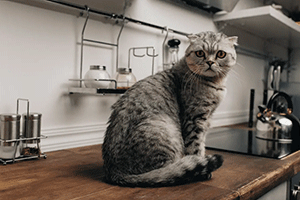
Product Name

Product Name

Product Name
"(Paid Links)" 
Changes in Appetite
Loss of Appetite
One of the most noticeable signs that a cat is unhappy is a sudden decrease in appetite. If your cat is eating significantly less than usual, it could indicate stress, depression, or illness. It’s important to consult a veterinarian if this behavior persists.
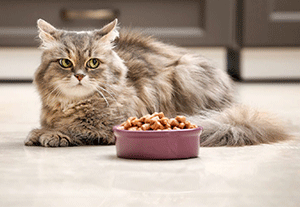
Overeating
Conversely, some cats may overeat when they are stressed or unhappy. This can be a coping mechanism similar to how humans sometimes eat for comfort. Monitor your cat’s eating habits and note any significant changes.
Altered Grooming Habits
Excessive Grooming
Cats are naturally clean animals, but excessive grooming can be a sign of anxiety or stress. If your cat is grooming to the point of creating bald spots or irritated skin, it’s a clear indicator that something is wrong.
Lack of Grooming
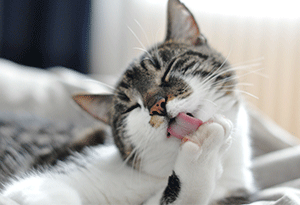
On the other hand, if a cat stops grooming itself, it could be a sign of depression or physical illness. Cats usually maintain a clean and tidy appearance, so neglecting grooming is a red flag.
Behavioral Changes
Increased Aggression
If your usually docile cat suddenly becomes aggressive, it could be due to unhappiness or stress. Aggressive behavior may include hissing, scratching, or biting. Identifying the source of their stress is essential to address this behavior.
Hiding
Cats often hide when they are feeling unwell or stressed. If your cat is spending more time than usual hiding under furniture or in secluded areas, it’s a sign that they might be unhappy.
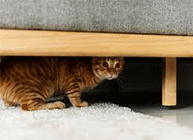
Lethargy
An unhappy cat might appear lethargic and uninterested in activities they previously enjoyed. If your cat is sleeping more than usual or seems disinterested in play, it’s worth investigating further.
Changes in Vocalization
Increased Vocalization
Cats may become more vocal when they are unhappy. This can include excessive meowing, yowling, or crying. Pay attention to changes in the frequency and type of vocalization, as it can indicate stress or discomfort.
Decreased Vocalization
Some cats may become unusually quiet when they are unhappy. If your typically vocal cat becomes silent, it could be a sign that something is wrong.
Litter Box Issues
Avoiding the Litter Box
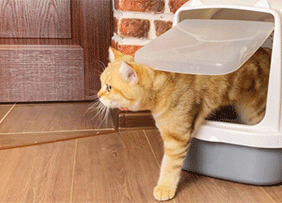
If your cat suddenly stops using the litter box, it could be a sign of stress, unhappiness, or a medical issue. Ensure that the litter box is clean and accessible, and consult a veterinarian if the behavior continues.
Frequent Urination
Increased frequency of urination, particularly outside the litter box, can indicate stress or a urinary tract issue. This behavior warrants a visit to the vet to rule out medical problems.
Body Language
Tense Body Posture
An unhappy cat may display a tense body posture, including a stiff tail, flattened ears, and dilated pupils. These signs indicate that your cat is feeling anxious or threatened.
Tail Position
A cat’s tail can tell you a lot about their mood. A tail that is held low or between the legs can indicate fear or unhappiness. A puffed-up tail usually signals that the cat is scared or agitated.
Social Withdrawal
Avoiding Interaction
If your cat is avoiding interaction with you or other pets, it could be a sign of unhappiness. Cats that are usually social may withdraw when they are stressed or depressed.
Lack of Interest in Play
Play is an important part of a cat’s life. If your cat shows no interest in toys or interactive play, it might be feeling unwell or unhappy.
Conclusion
Recognizing the signs that your cat is unhappy is the first step in addressing their needs. Changes in appetite, grooming habits, behavior, vocalization, litter box use, body language, and social interaction can all indicate that your cat is experiencing distress. If you notice any of these signs, it’s important to consult with a veterinarian to rule out medical issues and to take steps to improve your cat’s environment and well-being. Providing a safe, stimulating, and loving home can help ensure that your feline friend remains happy and healthy.
